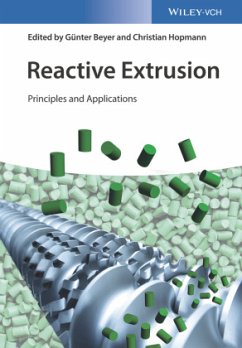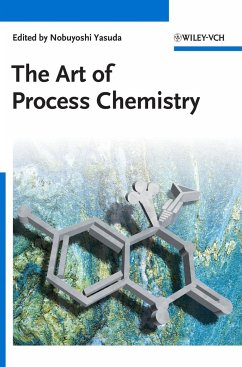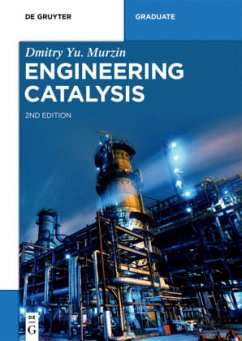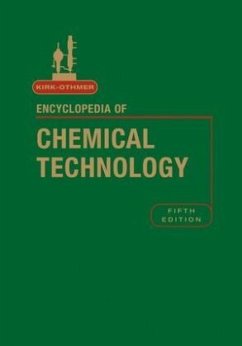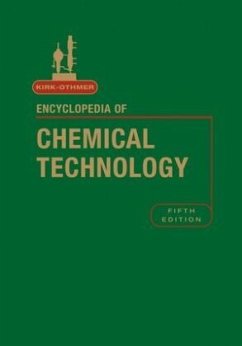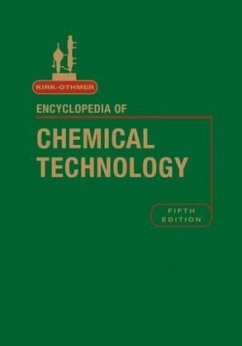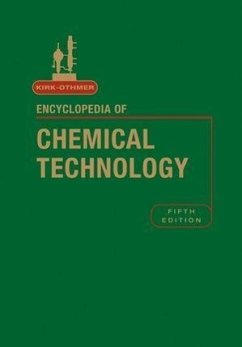Nicht lieferbar
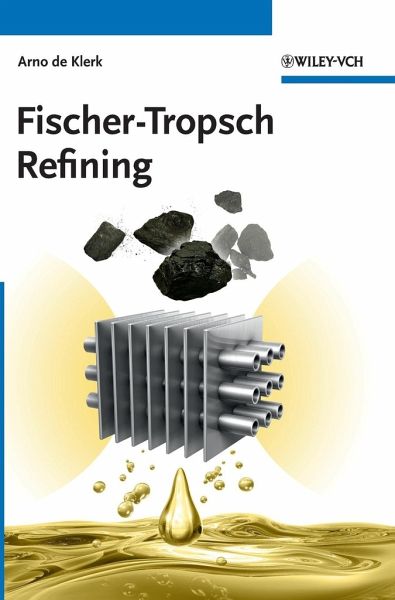
Fischer-Tropsch Refining
The Fischer-Tropsch process is gaining recognition again due to the world-wide increase in energy needs and decrease in oil availability. The increasing interest in utilizing biomass as a potential renewable feedstock in energy generation is further supporting this development.The book covers the production and refining of Fischer-Tropsch syncrude to fuels and chemicals systematically and comprehensively, presenting a wealth of new knowledge and material. As such, it deals extensively with aspects of engineering, chemistry and catalysis. This handbook and ready reference adopts a fundamental a...
The Fischer-Tropsch process is gaining recognition again due to the world-wide increase in energy needs and decrease in oil availability. The increasing interest in utilizing biomass as a potential renewable feedstock in energy generation is further supporting this development.
The book covers the production and refining of Fischer-Tropsch syncrude to fuels and chemicals systematically and comprehensively, presenting a wealth of new knowledge and material. As such, it deals extensively with aspects of engineering, chemistry and catalysis. This handbook and ready reference adopts a fundamental approach, looking at the molecules and their transformation from feed to product. Numerous examples illustrate the possibilities and limitations of Fischer-Tropsch syncrude as feesdstock.
Of great interest to everyone interested in refining - not just Fischer-Tropsch specialists.
From the Contents:
Fischer-Tropsch Facilities and Refineries at a Glance
Production of Fischer-Tropsch Syncrude
Industrial Fischer-Tropsch Facilities
Synthetic Transportation Fuels
Refining Technology
Refinery Design
The book covers the production and refining of Fischer-Tropsch syncrude to fuels and chemicals systematically and comprehensively, presenting a wealth of new knowledge and material. As such, it deals extensively with aspects of engineering, chemistry and catalysis. This handbook and ready reference adopts a fundamental approach, looking at the molecules and their transformation from feed to product. Numerous examples illustrate the possibilities and limitations of Fischer-Tropsch syncrude as feesdstock.
Of great interest to everyone interested in refining - not just Fischer-Tropsch specialists.
From the Contents:
Fischer-Tropsch Facilities and Refineries at a Glance
Production of Fischer-Tropsch Syncrude
Industrial Fischer-Tropsch Facilities
Synthetic Transportation Fuels
Refining Technology
Refinery Design






